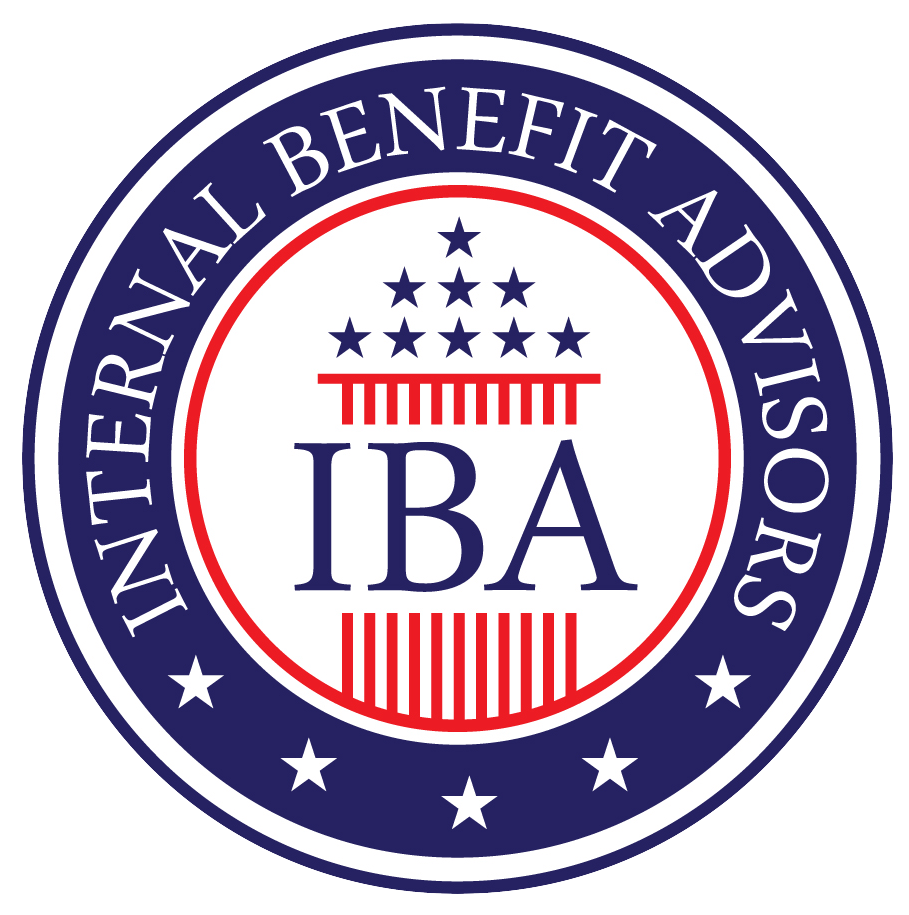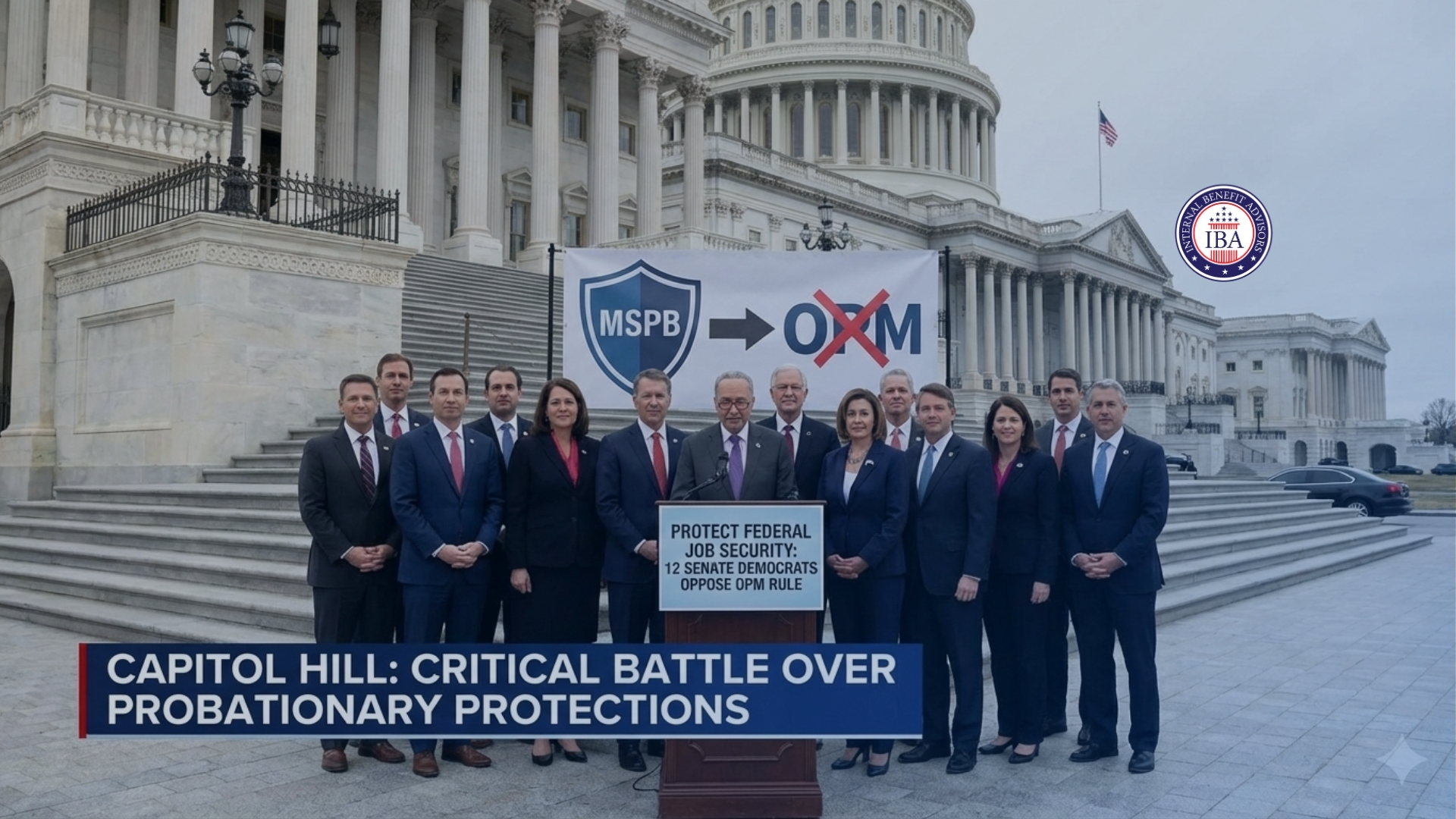As you approach the final stages of your federal career, it becomes crucial to navigate this period with strategic planning and informed decisions. This article offers insights into effectively managing the last one to three years of your federal service, ensuring a smooth transition into retirement.
Understanding the Federal Life Cycle
In the final years of your federal employment, understanding the nuances of the Federal Life Cycle becomes essential. This phase involves not only maintaining your current responsibilities but also focusing on your future. The years leading up to retirement are a time for careful financial planning and understanding your federal benefits in depth.
During this critical period, federal employees should assess their career achievements and contributions, ensuring they meet personal and professional milestones. Understanding the Federal Employees’ Retirement System (FERS) or the Civil Service Retirement System (CSRS) and how it impacts your specific retirement scenario is key. Emphasizing a balance between work and personal life can also greatly enhance the quality of these final working years.
Key Strategies for Federal Employees
- Maximize Your Benefits: Ensure you are familiar with all your benefits and make the most of them. This includes healthcare plans, retirement savings, and other federal perks that can be optimized in the final years. Consider enrolling in workshops or seminars that provide detailed information about the benefits you are entitled to.
- Plan Financially: Begin adjusting your financial strategies to align with your post-retirement goals. This includes evaluating your Thrift Savings Plan (TSP) and other retirement accounts. Understanding inflation effects and cost of living adjustments is crucial, as these will affect your purchasing power in retirement. Seek the guidance of a financial advisor who specializes in federal retirement planning to ensure your strategies are sound and tailored to your needs.
- Consult with Experts: Professional advice can provide clarity and guidance. Engage with Internal Benefit Advisors to navigate your federal benefits and make informed decisions. Their expertise can assist in maximizing your retirement income and ensuring that your benefits are fully utilized.
- Prepare for Transition: Consider the lifestyle changes post-retirement. This includes understanding how your day-to-day will change and preparing your family for these adjustments. Planning for hobbies, travel, or even part-time work can make retirement a fulfilling experience. Research community resources or retiree groups that offer activities and companionship to help ease the transition.
- Stay Informed: Keep abreast of any legislative changes that may impact your retirement benefits or healthcare policies. Continuous learning about these elements can safeguard your future financial security. Subscribe to federal retirement newsletters or join forums where new developments are discussed.
Resources and Expert Guidance
For detailed advice and personalized planning, visit Internal Benefit Advisors for expert insights into federal retirement planning. They offer comprehensive planning services tailored to the unique needs of federal employees, ensuring you make the most of your well-earned retirement.
Additional Considerations
As you prepare for retirement, consider the psychological aspects of leaving a long-term career. Transitioning from a structured work schedule to retirement can pose challenges; however, engaging in community or volunteer work can provide a sense of purpose and fulfillment. Explore volunteer opportunities that align with your interests to maintain an active and engaged lifestyle.
Moreover, setting realistic expectations about your retirement lifestyle can make the transition smoother. Consider drafting a post-retirement plan that includes not only financial goals but also personal ambitions and aspirations. Whether it’s learning a new skill, traveling, or spending more time with family, having a clear vision can enhance your retirement experience.
By expanding on these strategies and utilizing available resources, federal employees can ensure they are well-prepared for retirement’s rewarding new chapter. Solid preparation and a proactive approach will pave the way for a fulfilling retirement characterized by financial security and personal satisfaction.
References:
Steele, Aaron. “Navigating the Final 1-3 Years of the Fed Life Cycle Before Retirement.” PS Retirement. [Link]




